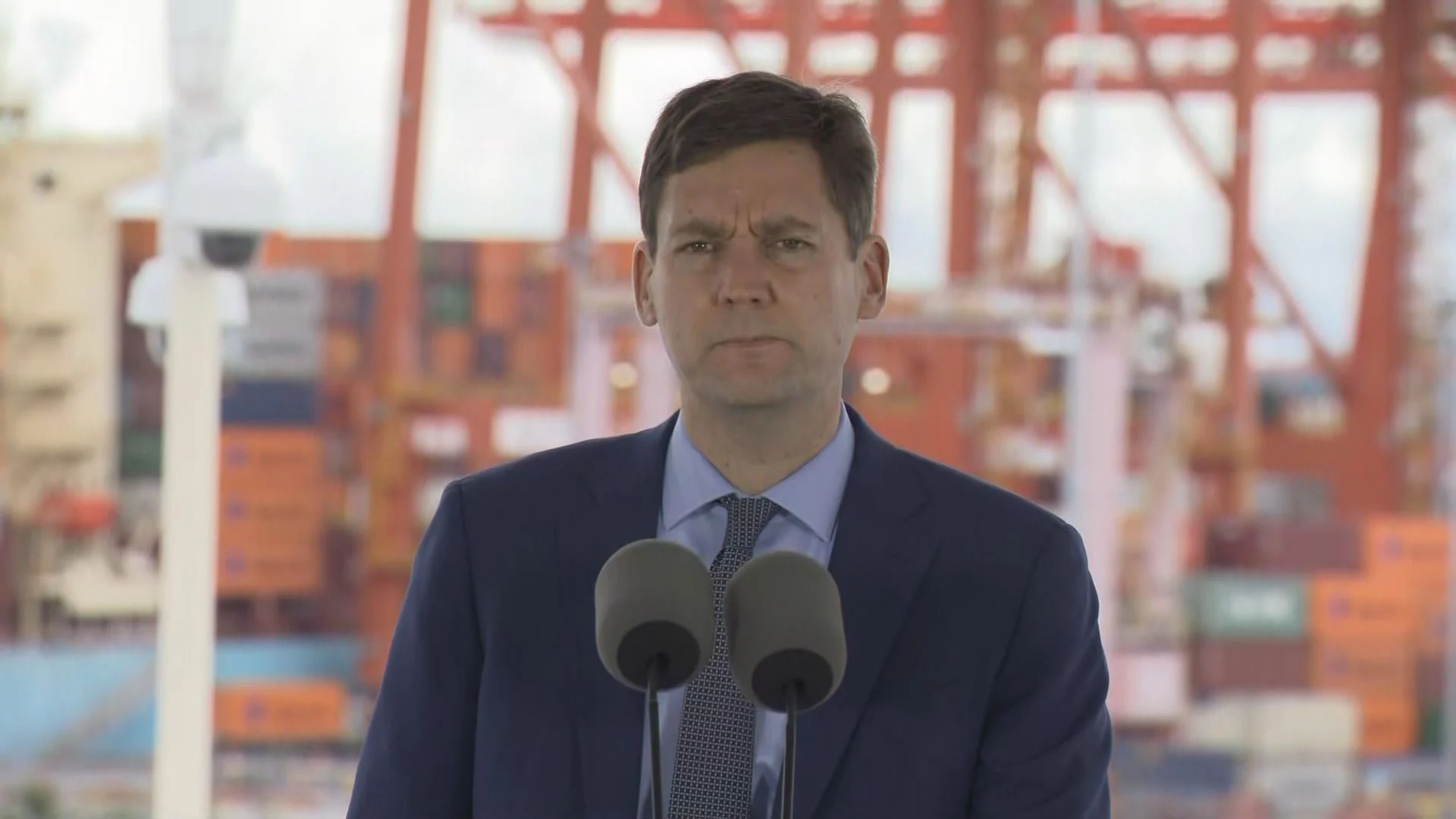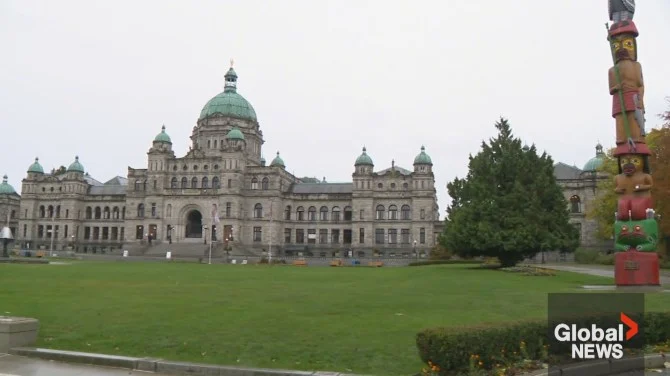David Eby, the Premier of British Columbia, presented his government’s fresh strategy for mining development in the northwestern region of the province on Monday. He emphasized the importance of collaborating with First Nations to capitalize on a unique opportunity for the area.
Eby highlighted that the plan aims to leverage the province’s reserves of critical minerals to attract private investments, create lucrative employment opportunities, promote reconciliation with Indigenous communities, and safeguard the environment.
This initiative is a response to the economic challenges faced by British Columbia, including threats of tariffs and annexation from the U.S. and global economic instability.
It also aligns with the increasing demand for essential metals and critical minerals that British Columbia possesses abundantly.
“The vision is really built around three crucial pillars. The first is economic growth. The second is reconciliation, that’s why we are doing this in partnership with First Nations. And the third is conservation, that we are protecting wild spaces for future generations,” he remarked.
The foundation of the strategy will involve establishing “consent-based” agreements with First Nations to provide certainty for private investors.
This work will entail an “inclusive expedited process” that collaborates with First Nations to safeguard vital lands and watersheds while ensuring a balanced approach to development.
Eby referenced the extensive land-use planning conducted by northern nations, indicating that it forms the basis for the approach and has the potential to attract up to $30 billion in capital investment to the region.
“They have dedicated significant effort to land use planning and have fostered strong industry partnerships. The missing link has been government support to actualize these partnerships,” Eby explained.
“Certain nations are eager for economic opportunities and development, especially when their sacred and food protection sites are safeguarded,” he added.
Beverly Slater, President of the Tahltan Central Government, expressed optimism that the new strategy would lead to improved partnerships benefiting First Nations while allowing them to preserve their key resources.
“Billions have left our territory with little tangible benefit. We seek responsible resource management, emphasizing the importance of pacing and scale,” Slater remarked.
“We aim to move forward in a manner that respects the interests of our communities and the environment, preserving our sacred areas and traditional ways of life,” she added.
“How do we strike a balance between economic progress and environmental preservation?”
However, BC Conservative Leader John Rustad dismissed the proposal as mere rhetoric from the NDP government.
“The NDP’s bureaucratic processes and delays are the real hindrance to progress. They fail to see that they are the stumbling block,” Rustad criticized.
Eby clarified that the new approach aims to streamline project approvals while emphasizing that it is distinct from the controversial Bill 15, which seeks to expedite projects of provincial significance and has faced opposition from several First Nations leaders.
Earlier in the day, Chief Don Tom of the Tsarlip First Nation criticized the bill, signaling the end of trust with the NDP government if it, along with Bill 14, is enacted.
“We will remember their stance and actions come the next election. We are watching how they wield power and for what purposes,” Tom warned.
Eby disclosed that British Columbia intends to harmonize its approval processes for major projects with federal procedures to ensure a unified review process.
The strategy also includes increased funding for infrastructure and social programs in the northern regions to ensure local communities benefit from the economic growth.
-Content derived from the Canadian Press




